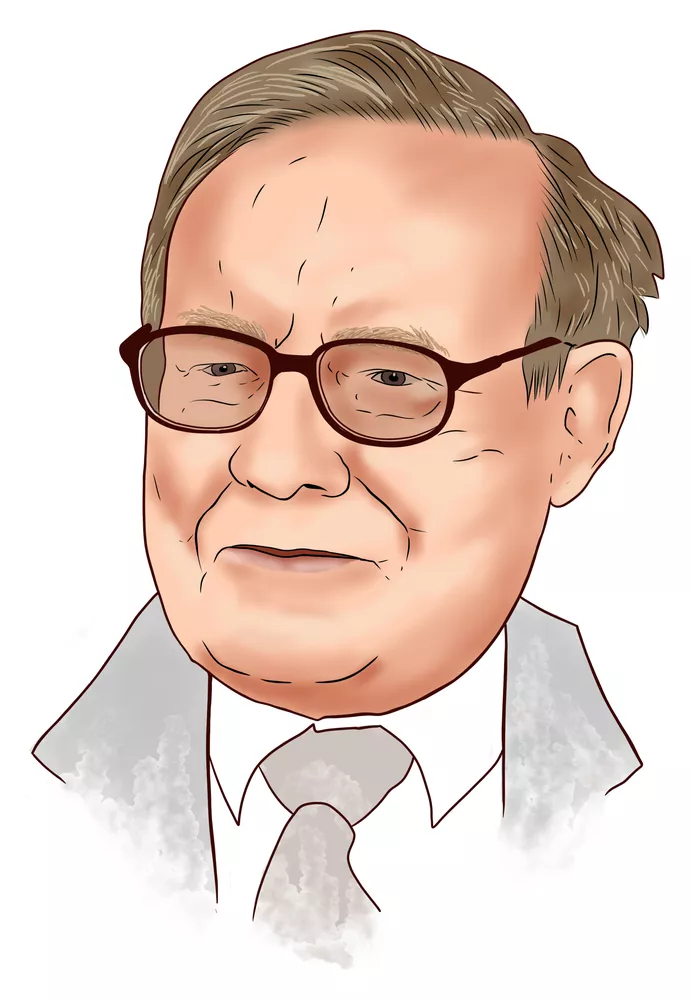 Image Source:
Image Source:
In his 1983 Berkshire Hathaway Annual Letter, Warren Buffett criticized the high activity in the stock market, which brokers promote using terms like “marketability” and “liquidity.” He argued that frequent trading benefits brokers but not investors, as it incurs significant costs.Using a hypothetical company earning 12% on equity with a 100% share turnover, Buffett demonstrated that investors lose 2% of the company’s net worth annually to commissions. This “frictional” cost reduces earnings and equates to a hefty self-imposed tax.He emphasized that high trading volumes, such as 100 million-share days, result in substantial costs to investors, likening it to a costly game of musical chairs.Here’s an excerpt from the letter:One of the ironies of the stock market is the emphasis on activity. Brokers, using terms such as “marketability” and “liquidity”, sing the praises of companies with high share turnover (those who cannot fill your pocket will confidently fill your ear).But investors should understand that what is good for the croupier is not good for the customer. A hyperactive stock market is the pickpocket of enterprise.For example, consider a typical company earning, say, 12% on equity. Assume a very high turnover rate in its shares of 100% per year. If a purchase and sale of the stock each extract commissions of 1% (the rate may be much higher on low-priced stocks) and if the stock trades at book value, the owners of our hypothetical company will pay, in aggregate, 2% of the company’s net worth annually for the privilege of transferring ownership.This activity does nothing for the earnings of the business, and means that 1/6 of them are lost to the owners through the “frictional” cost of transfer. (And this calculation does not count option trading, which would increase frictional costs still further.)All that makes for a rather expensive game of musical chairs. Can you imagine the agonized cry that would arise if a governmental unit were to impose a new 16 2/3% tax on earnings of corporations or investors? By market activity, investors can impose upon themselves the equivalent of such a tax.Days when the market trades 100 million shares (and that kind of volume, when over-the-counter trading is included, is today abnormally low) are a curse for owners, not a blessing—for they mean that owners are paying twice as much to change chairs as they are on a 50-million-share day.If 100 million-share days persist for a year and the average cost on each purchase and sale is 15 cents a share, the chair-changing tax for investors in aggregate would total about $7.5 billion—an amount roughly equal to the combined 1982 profits of Exxon, General Motors, Mobil and Texaco, the four largest companies in the Fortune 500.You can read the entire letter here: More By This Author:
Warren Buffett: The Hidden Costs Of High Stock Market Activity

